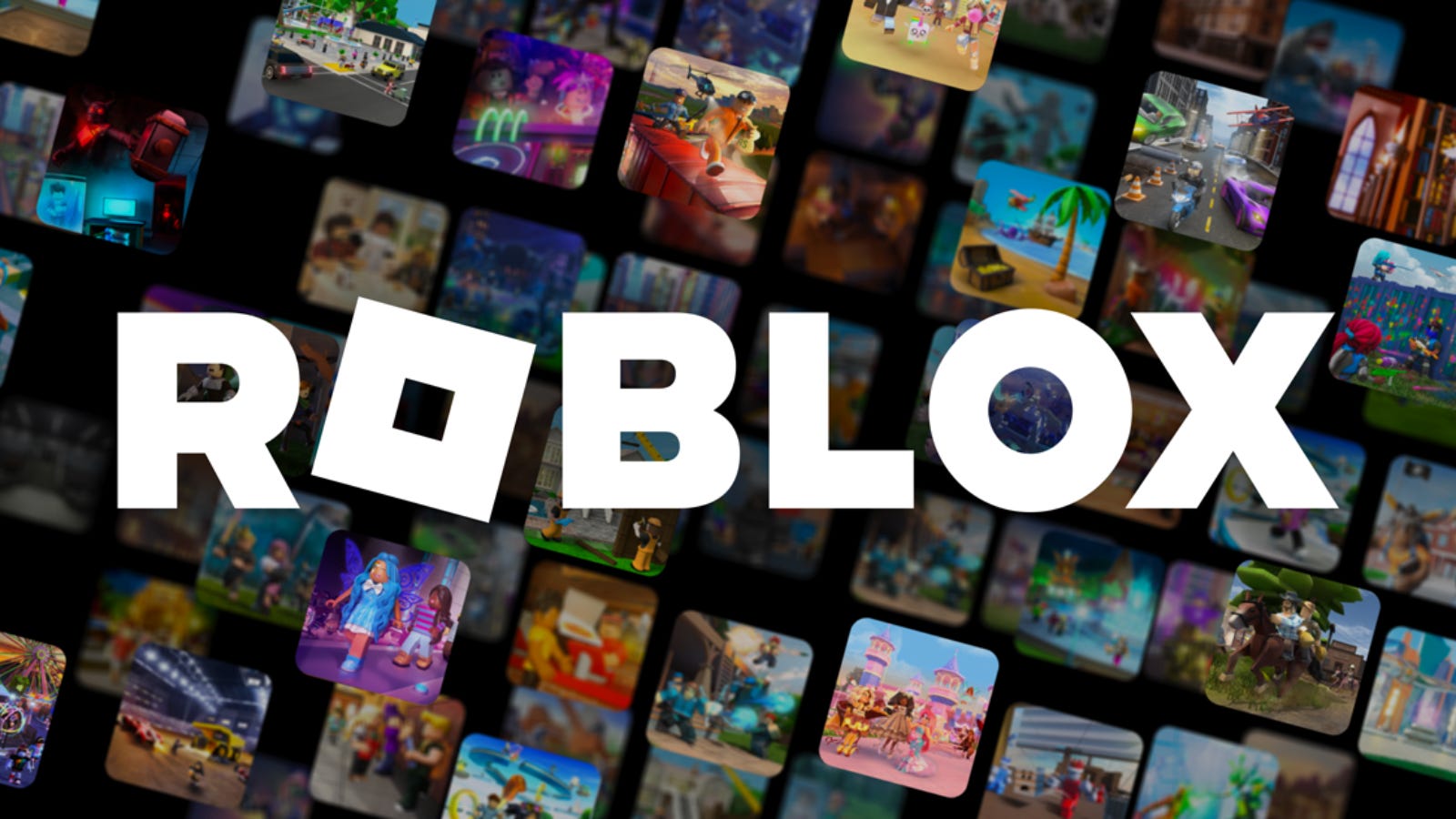Roblox's new 'sensitive issues' label deemed "a step backward for both creative expression and social justice" by advocacy groups
UPDATE: Roblox responds.

UPDATE 01/10/25: Roblox has responded to criticism of its "sensitive issues" descriptor, stating it wishes to empower parents.
"We welcome and value creativity and expression on Roblox," reads a statement from a Roblox spokesperson sent to Eurogamer. "We also respect that families around the world have different approaches to discussing certain topics with their children and want to empower parents to determine what content is appropriate for their family. This policy makes experiences centered around such issues inaccessible by default for children under 13, and gives parents the ability to enable these experiences through parental controls. The policy impacts very few experiences on Roblox and gives parents the ability to make the best choices for their family."
ORIGINAL STORY 30/09/25: Roblox has been criticised for its new guidelines on "sensitive issues", described by advocacy groups as "a step backward for both creative expression and social justice".
Back in August, Roblox introduced a new content descriptor for sensitive issues as part of an improvement to parental control. The descriptor is meant for Roblox experiences themed on social, political, or religious issues, but the company stated it is "not meant to take a stance on any specific issue".
That has now been opposed in an open letter to Roblox by advocacy groups Women In Games, Out Making Games, and BAME in Games, each focused on supporting marginalised groups.
"Roblox's recently proposed creator guidelines regarding 'sensitive issues' represent a step backward for both creative expression and social justice," the open letter reads. "These changes threaten to undermine the vibrant, inclusive creative community that has flourished on the platform since 2006, while potentially causing real harm to marginalised groups in society."
Essentially, the letter argues, by introducing these descriptors Roblox is treating issues of equality and human rights as "debatable rather than fundamental".
Roblox's criteria for the descriptor applies to "experiences where a majority of the content, gameplay, or experience details…refers to the sensitive issue", which can include immigration, capital punishment, gun control, marriage equality, pay equity in sports, racial profiling, reproductive rights, and more.
"We support efforts to keep children safe online - especially girls, who face disproportionate harassment and grooming," the open letter continues. "But safety cannot be achieved by silencing content that educates and empowers.
"Issues such as equal pay, reproductive rights, and gender equality are central to girls' and women's lived experiences. Marking these as 'sensitive' risks hiding content that is vital to representation, education, and inspiration."
Suppressing such experiences, the advocacy groups claim, is "false neutrality" and instead of protecting children, "the policy risks teaching Roblox's diverse audience that issues of justice and equality are controversial opinions rather than universal values, thereby reinforcing the very divisions it claims to guard against."
Instead, the groups believe Roblox should rely on internationally recognised age-rating systems like PEGI and the International Age Rating Coalition (IARC), instead of "invent[ing] a vague, easily abused 'sensitive issues' label".
Eurogamer has contacted Roblox for its response to the open letter.
Back in July, Roblox also introduced new safety features, including an AI used to estimate a user's age through video selfie. Earlier this month, it announced this would be expanded to all users by the end of the year.








